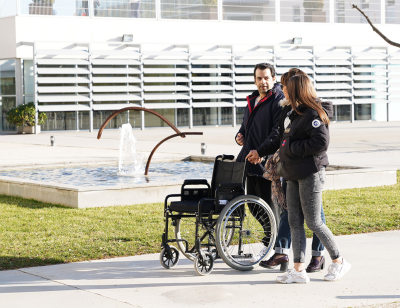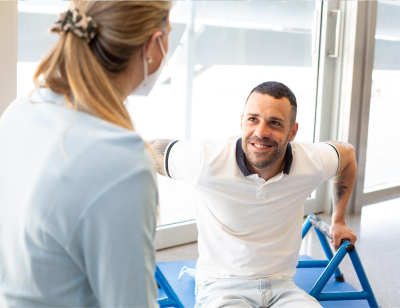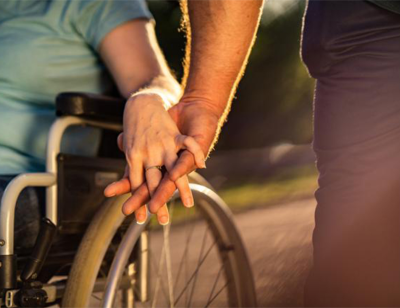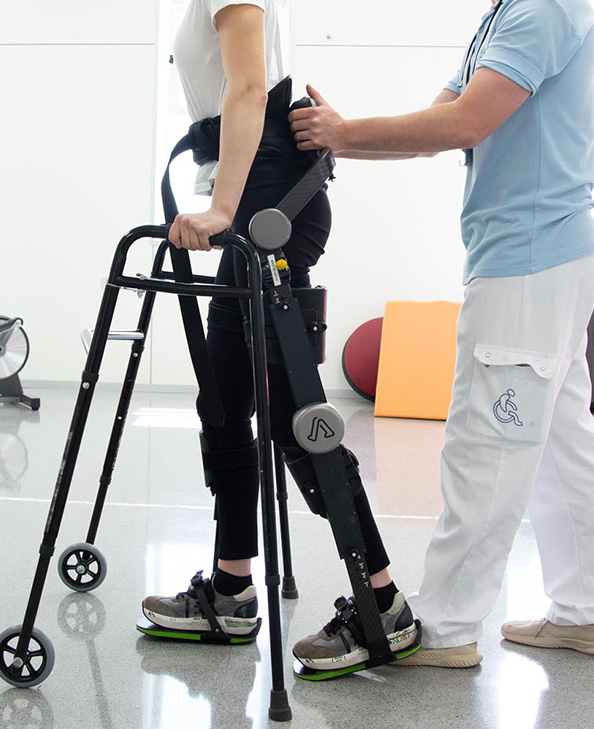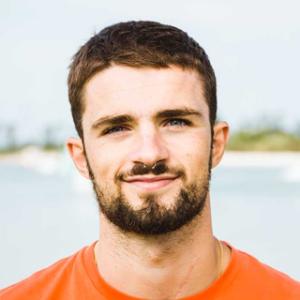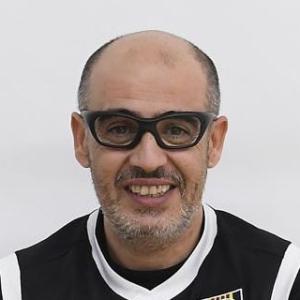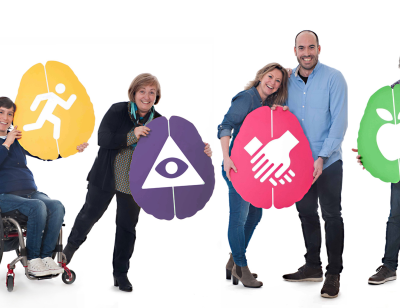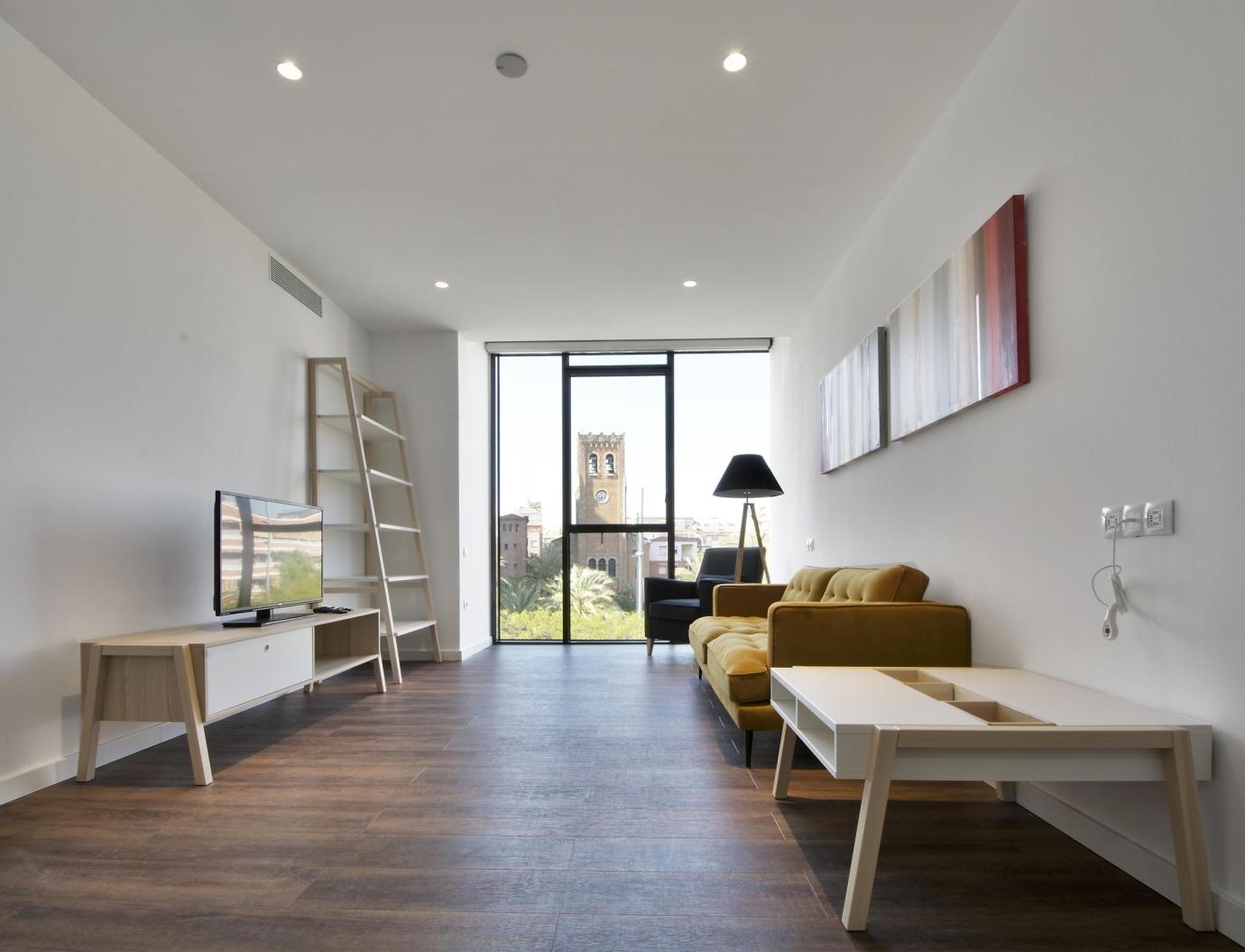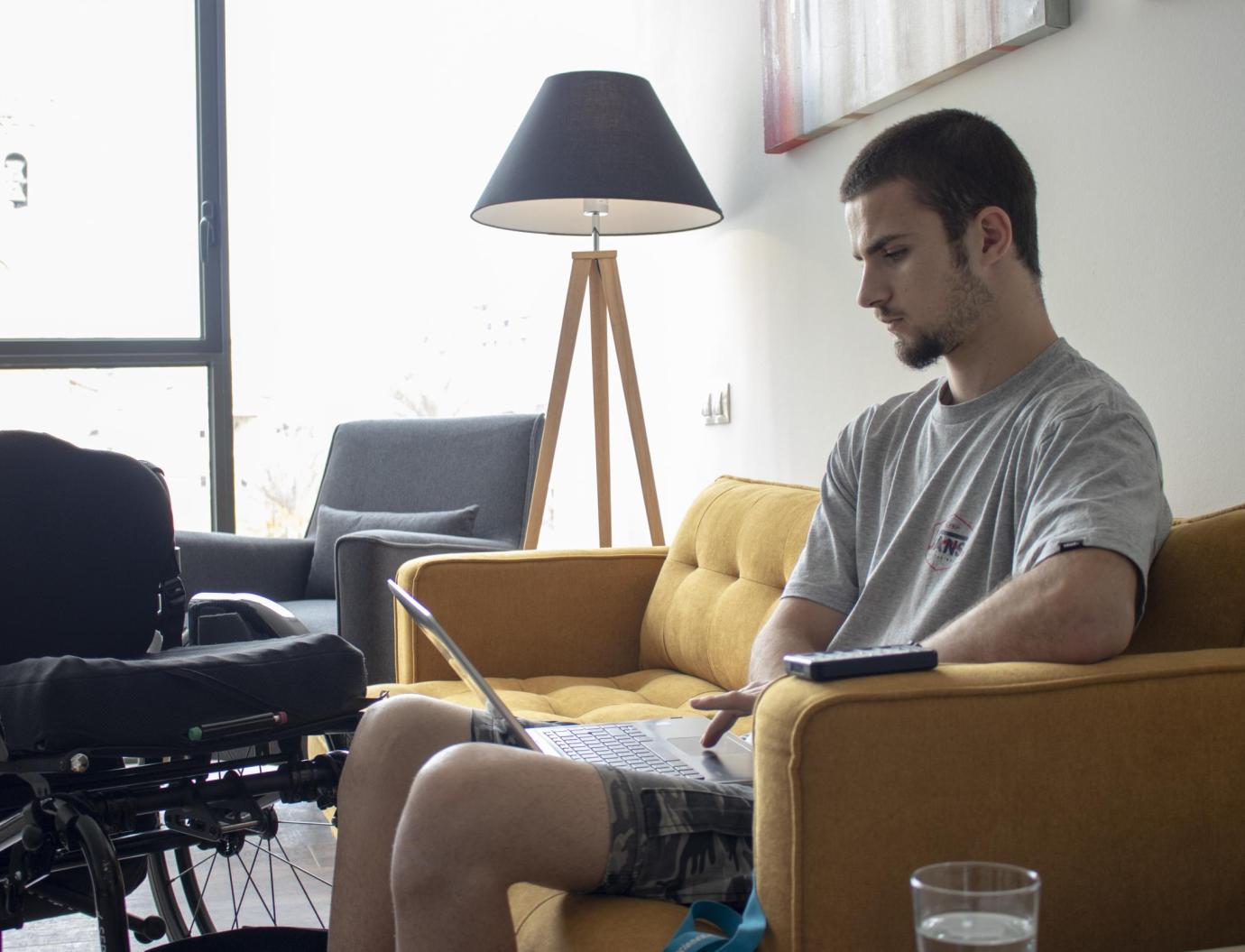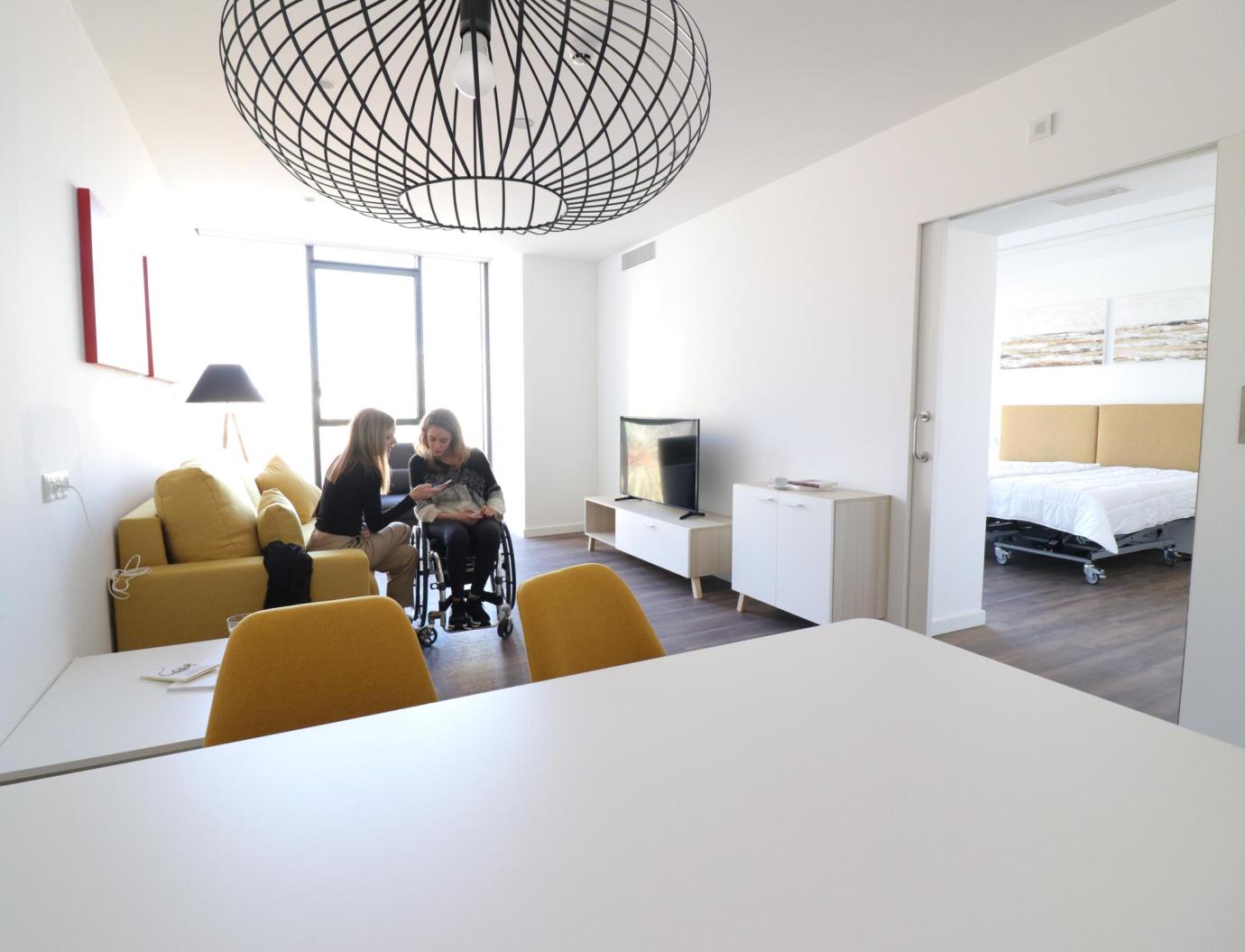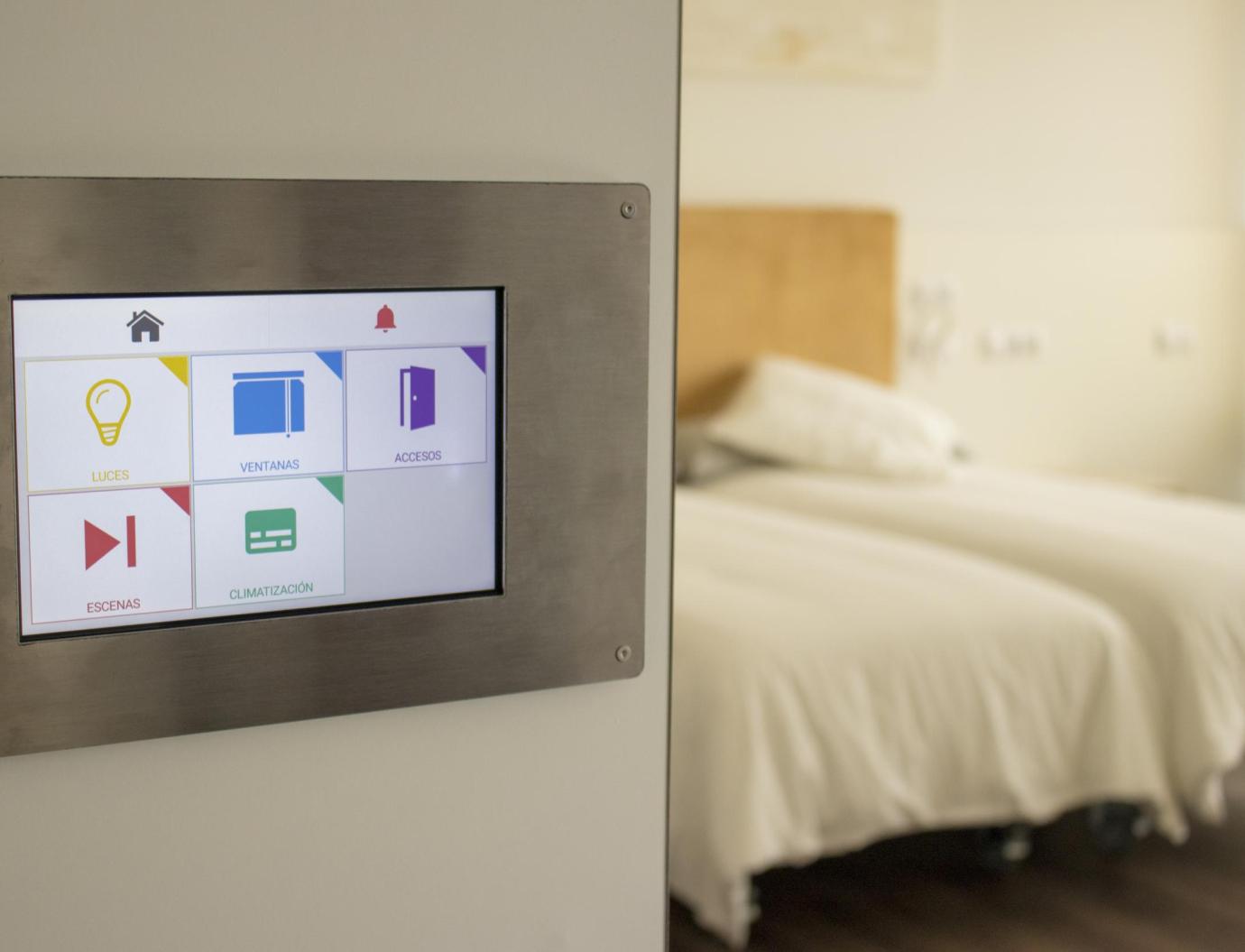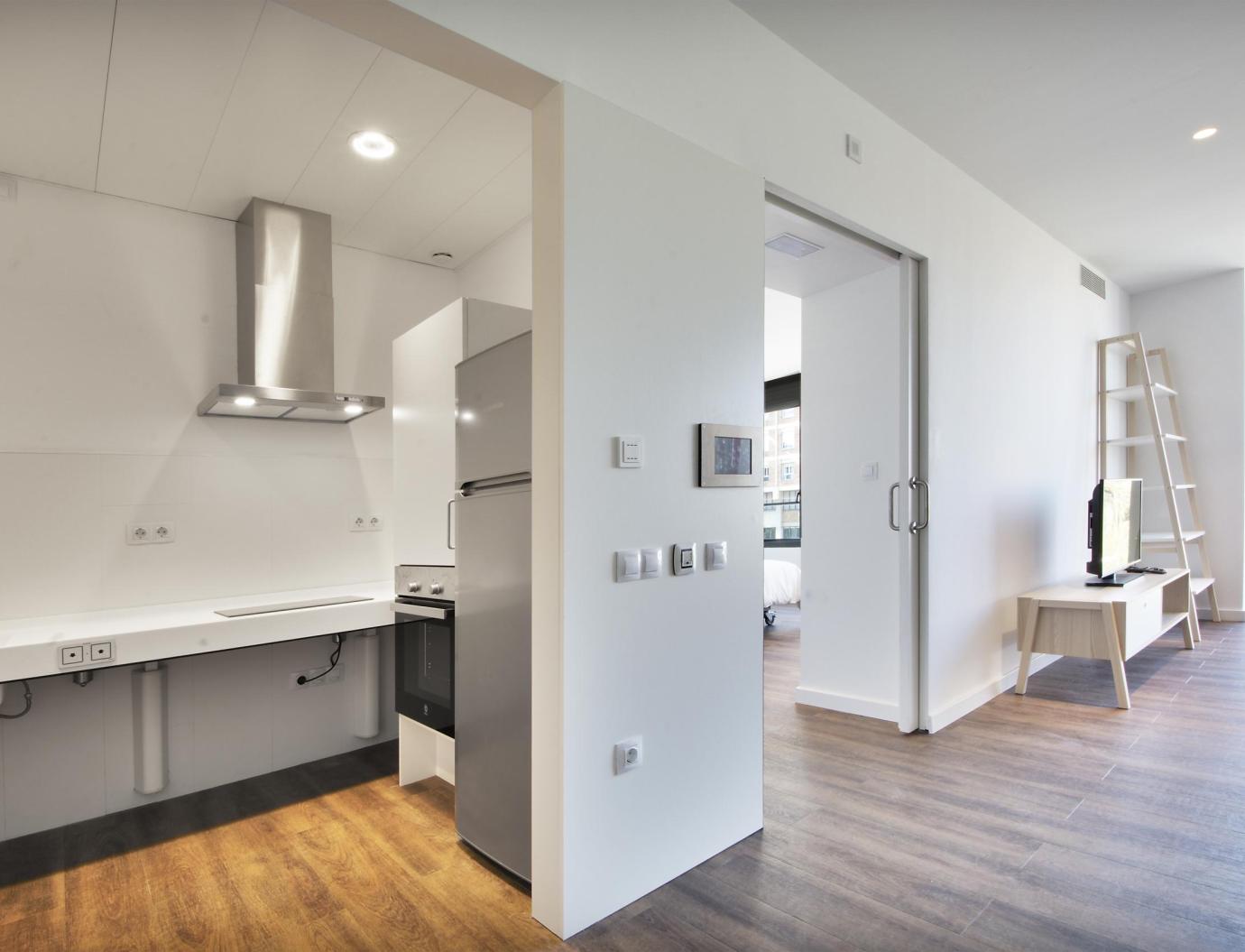Meet the Neurorehabilitation Team
Spinal cord injury
Research and Spinal Cord injury
Episode 1, 'Beines de Mielina', the Institut Guttmann podcast.
After a spinal cord injury: sequelae
Spinal cord injuries can be classified as complete or partial depending on the degree of injury. The consequences of a spinal cord injury will vary in severity depending on the level at which it occurs.
An injury to the cervical area of the spine can cause TETRAPLEGIA, which is the loss or decrease in sensation and/or voluntary mobility of the upper and lower extremities and of the entire trunk.
An injury to the thoracic and lumbar areas of the spine can cause PARAPLEGIA, which is manifested by a lack of sensation and/or total or partial paralysis of the lower extremities, and of part of the sublesional trunk.
An injury to the medullary cone and cauda equina causes impaired sensation and reduced voluntary mobility, although the ability to walk is usually preserved. The most notable sequelae are the loss of control over sphincters and impaired sexual function.
A spinal cord injury can lead to other consequences which appear depending on the degree and level of injury, such as:
- Lack of sphincter control
- Neuropathic pain
- Spasticity
- Sexual dysfunction
- Skin problems, such as pressure ulcers
- Impaired respiratory function
- Osteoporosis
- Disorders of body temperature regulation
Rehabilitation of spinal cord injury at the Institut Guttmann
At the Institut Guttmann we carry out a highly specialised and personalised neurorehabilitation process aimed at restoring, minimising and/or compensating functional alterations caused by a spinal cord injury. We provide patients with comprehensive, continuous, personalised care based on the intervention of an expert multidisciplinary team.
The lives of people affected by spinal cord injury can be considerably improved by scientific rigor and human warmth, the use of the most modern technologies, and applying specific clinical procedures that can provide significant qualitative improvements. Our main goals during the rehabilitation process are achieving the highest possible level of autonomy, recovery of self-esteem, and satisfactory active and mainstream social inclusion.
Outcomes of the rehabilitation process
Diaphragm pacing
In more advanced cases of amyotrophic lateral sclerosis, the use of a pacing system surgically implanted in the diaphragm represents a significant improvement in quality of life. The diaphragm pacing system is used on patients with certain neuromuscular diseases like ALS who are dependent on continuous mechanical ventilatory support. It causes the diaphragm muscles to contract and helps patients breathe without mechanical support (after adequate training).
In addition to providing a better quality of life, this favours the reduction of recurrent respiratory infections and ultimately, an increase in life expectancy.
The Institut Guttmann is a pioneer in the implantation of this type of pacing system in Spain. It is used for adults and very young children alike (in whom it is used in the case of high cervical spinal cord injuries), with highly satisfactory results.
In later phases of the spinal cord injury
People with a spinal cord injury who want to follow intensive and personalised training and rehabilitation programmes to optimise their functional capacity or address specific problems resulting from their neurological impairment once their rehabilitation process at the Institut Guttmann or any other centre has ended can do so at Guttmann Barcelona.
At Guttmann Barcelona we offer a personalised training and functionality improvement programme for people with a spinal cord injury.
Guttmann Barcelona
The Guttmann Barcelona, Brain Health and Neurorehabilitation Institute offers personalised training and function improvement programmes, as well as specialised intensive programmes.
Active Life programme
A programme for empowerment, community training and starting independent living.
The Active Life programme is an innovative programme that goes one step beyond the traditional vision of hospital rehabilitation. The aim is to ensure that people regain the maximise amount of functional autonomy, as well as their ability to make decisions and manage their own lives according to their own lifestyle in an active and participatory way.
The origin of this initiative stems from the need to transfer learning and skills acquired during the rehabilitation process to the community environment. This facilitates adaptation and helps normalise the person’s new situation within the community.
This programme is adapted to the specific needs of each person and can be carried out whenever they need to acquire skills to learn to live independently.
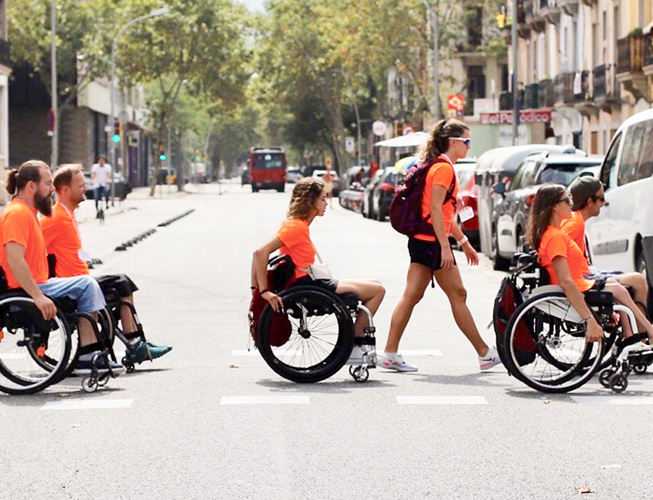
A space that is adapted and designed for you
GBL apartments
Guttmann Barcelona Life is a social facility consisting of a group of fully adapted and automated apartments that offer a wide range of complementary services tailored to each user.
The apartments share a building with the Guttmann Barcelona Brain Health and Neurorehabilitation Institute, so it is possible to combine a stay with a specialised neurorehabilitation treatment.
References on spinal cord injury
ISCoS Textbook on Comprehensive management of Spinal Cord Injuries. Wolters Kluwer. Editor. Harvinder Singh Chhabra. 2015
Middleton JW et al. Life expectancy after spinal cord injury: a 50-year study. Spinal Cord, 2012, 50:803-811.
World Health Organization. International Perspectives on Spinal Cord Injury (IPSCI). In: Jerome Bickenbach, Cathy Bodine, Douglas Brown, et al. (eds.) Geneva, 2013. P.1-231.

